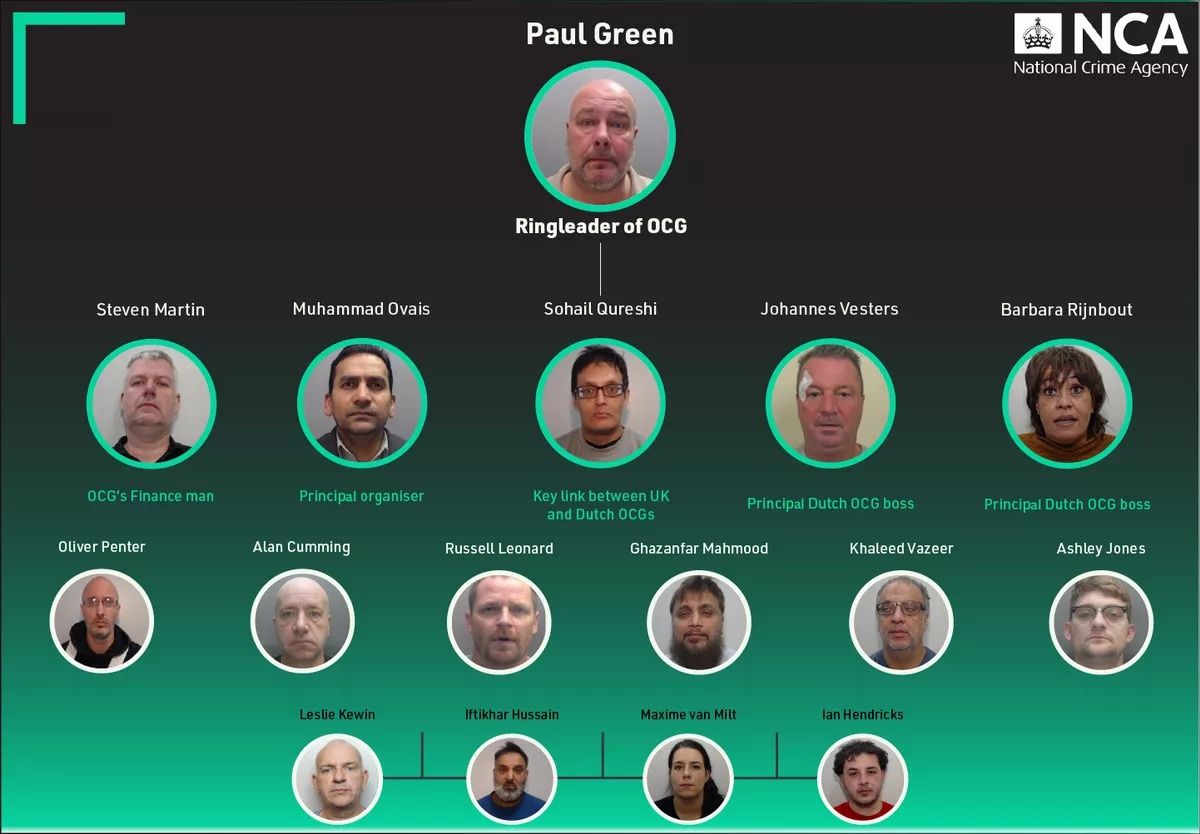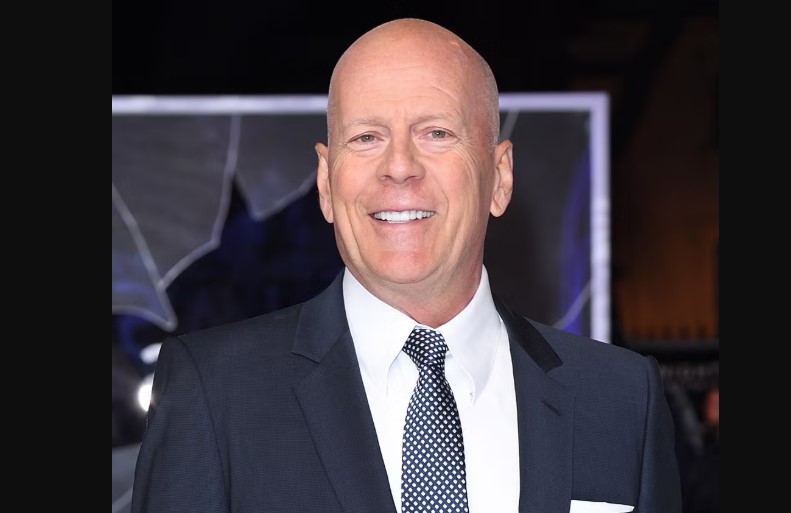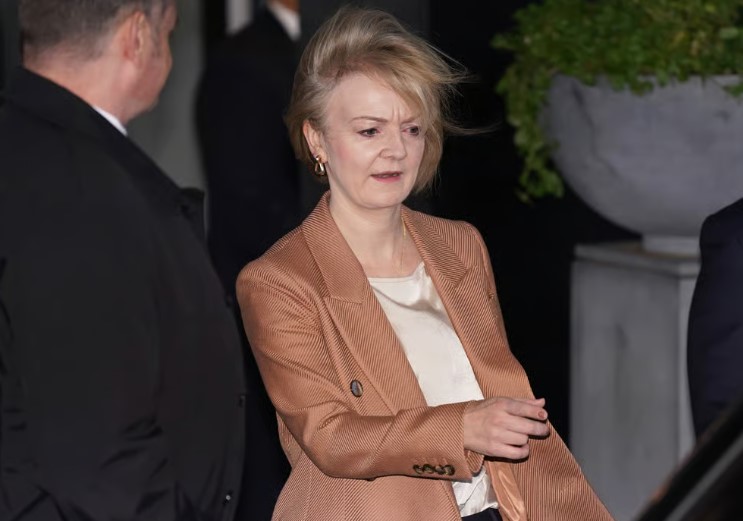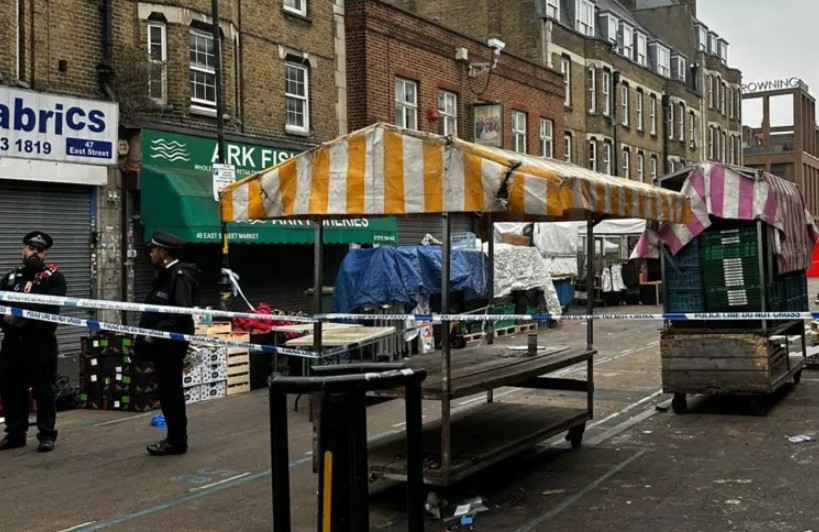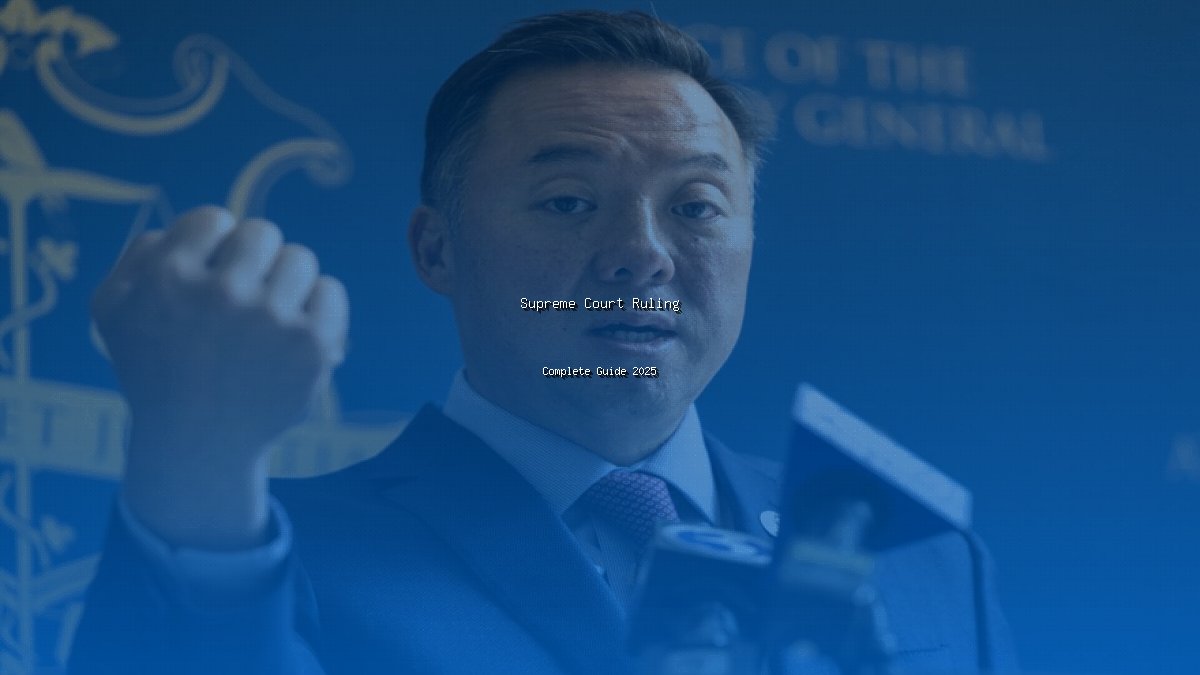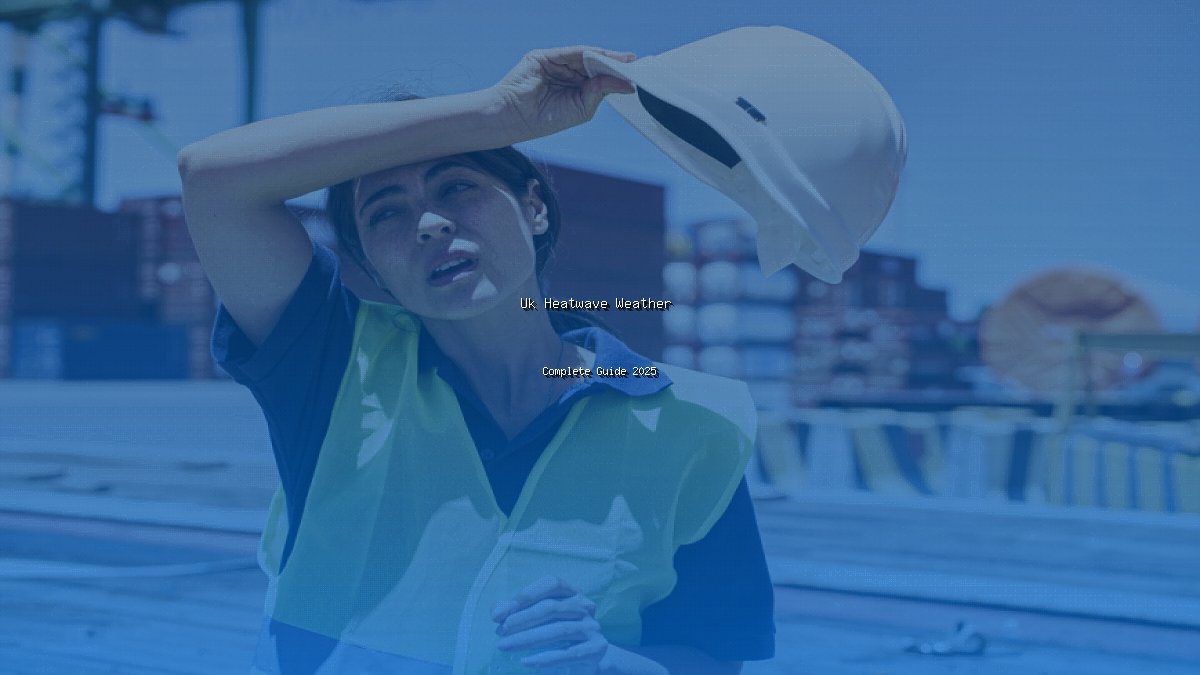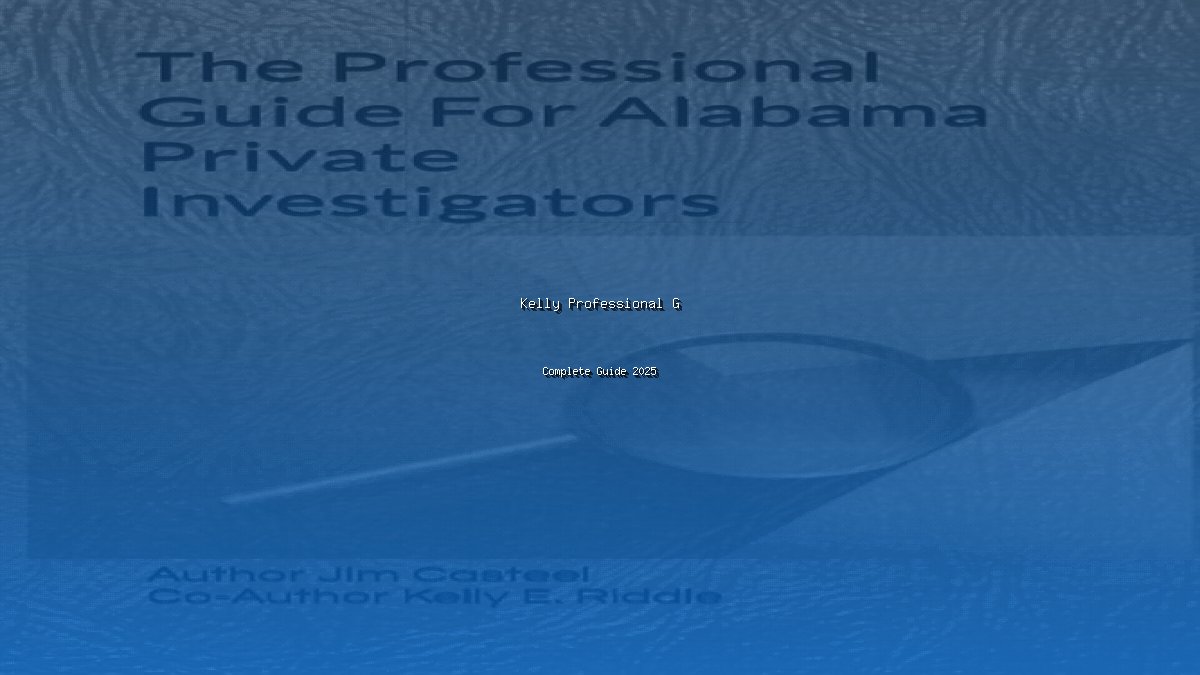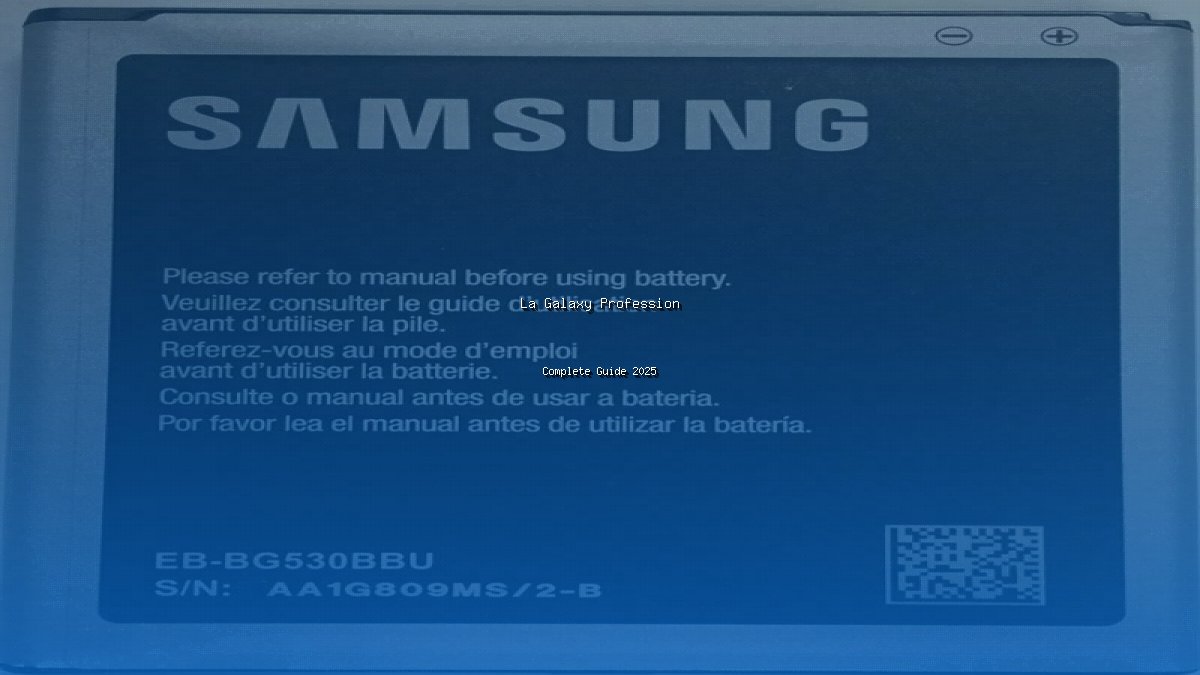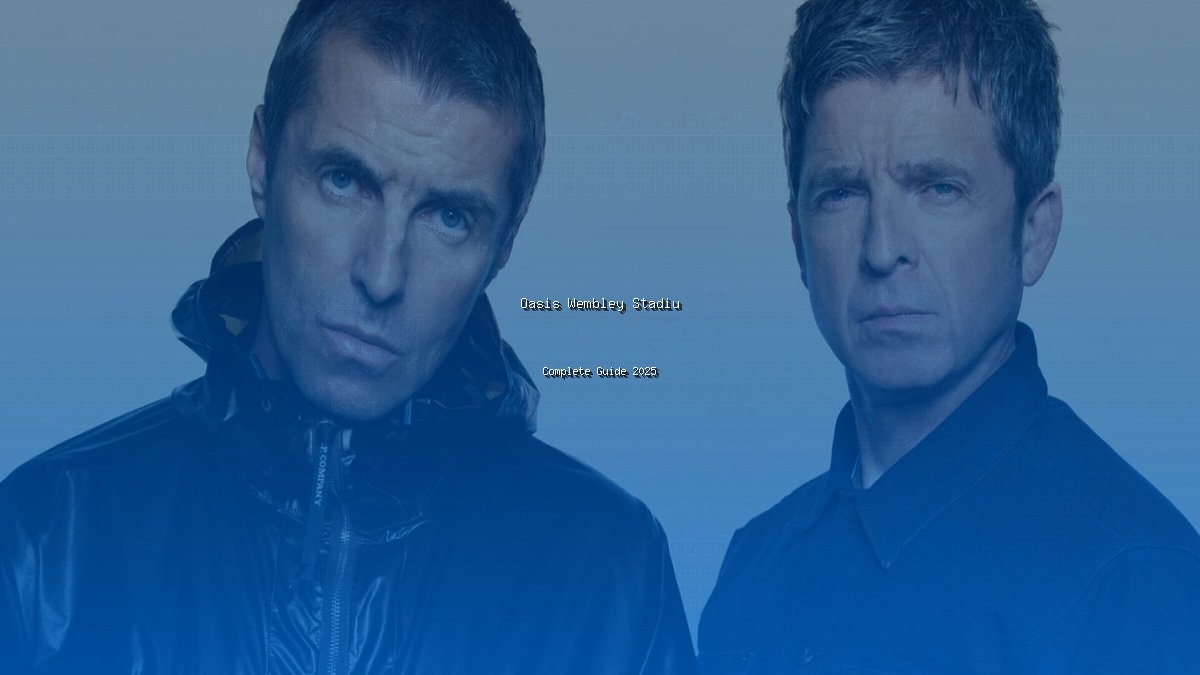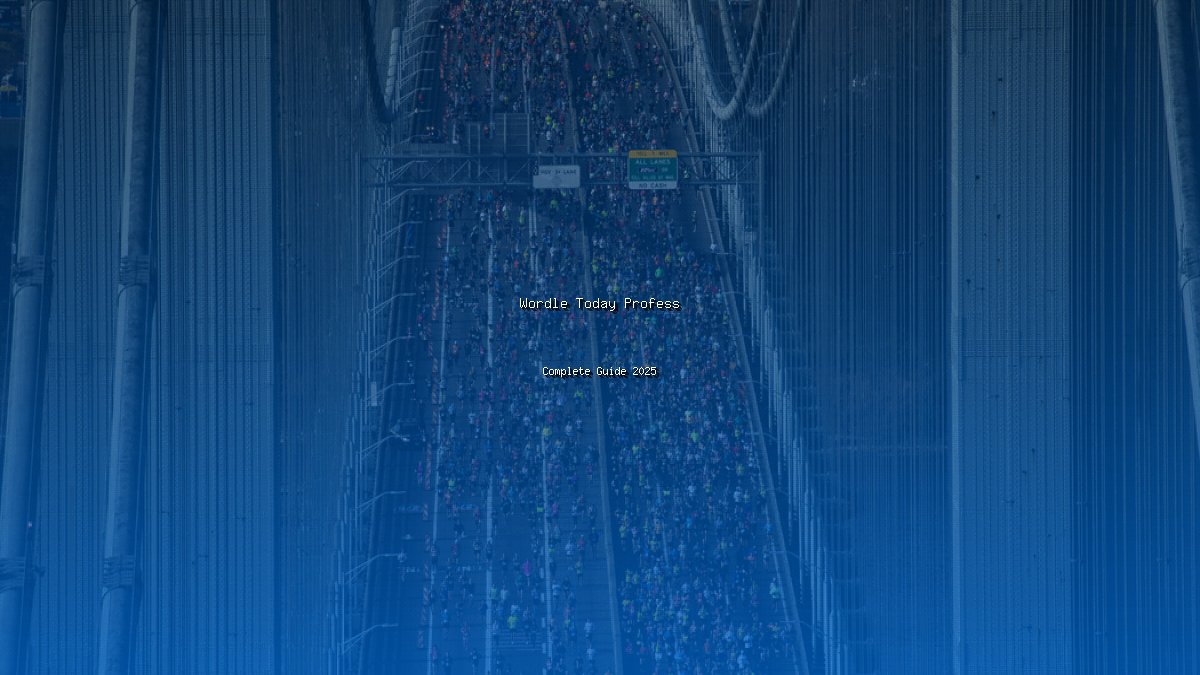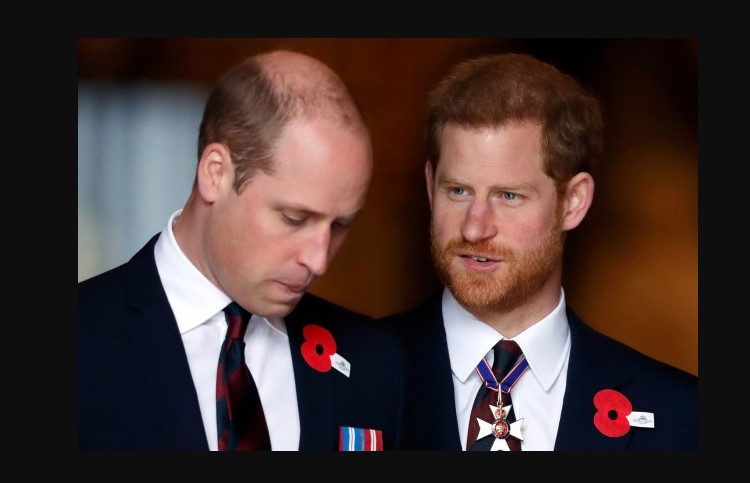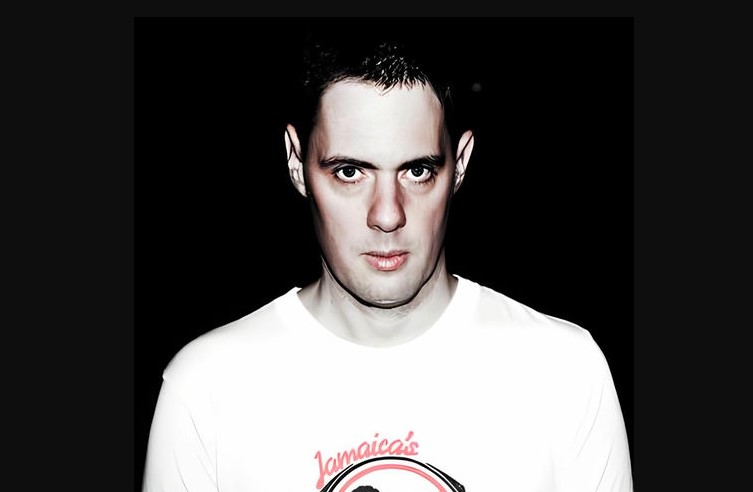UK’s Largest Drug Smuggling Gang Jailed: £7bn Operation Disrupted
- Update Time : 10:54:19 am, Tuesday, 3 December 2024
- / 294
Wow, talk about an epic crime saga. So, here’s the deal: a massive crew of criminals basically ran one of the UK’s most bonkers drug-smuggling setups, and they finally got nailed. Not talking pocket change, either—these folks pushed nearly £7 freakin’ billion worth of drugs into the country. Cocaine, heroin, cannabis, the whole party platter. The authorities, especially the NCA (think: UK’s answer to the FBI), worked overtime to blow the group’s cover. I mean, these guys played dirty: smoke and mirrors, fake companies, fishy warehouses, even hiding their stash in onions and garlic. Who knew your Friday night curry could be part of such a weird story?
Alright, let’s dissect their operation—with a bit less stuffy police lingo. Between March 2016 and September 2018, this gang ran their game. To dodge suspicion, they’d shuffle between fake businesses and use warehouses both in the UK and the Netherlands. Hiding drugs in food shipments? Not exactly subtle, but I guess it worked for a while. Seriously, they moved so many onions, they couldn’t even sell ’em all—sometimes they’d just ship them right back for the perfect “nothing to see here” routine. Ballsy.
If the cops started sniffing around, what did they do? They’d just switch everything—new company name, new setup. It was like a never-ending game of criminal Whack-A-Mole.
Now, meet the stars of the show: Paul Green was basically the CEO of Chaos, calling the shots for drug routes and fake business deals. He’s now sporting an orange jumpsuit for the next 32 years. Props to law enforcement—finally caught the wizard behind the curtain. Steven Martin, his money guy, held it all together financially and will be hanging out in prison for 28 years. Next, Muhammad Ovais—on UK soil, his job was getting the goods delivered. He scored 27 years’ worth of “thinking time.” Sohail Qureshi was the international man of mystery, making handshake deals with Dutch gangs and finding new smuggling routes. Think of him as their logistics coordinator with way more secrets than your average FedEx guy.
As for their tricks, besides burying drugs in vegetables, they hid behind phony companies, doctored paperwork, and used encrypted messages. They even rented hotel rooms under fake names near the boss’s house just so they could hijack hotel Wi-Fi and stay untraceable. Paranoid? Maybe, but honestly… pretty inventive.
But at the end of the day, the real damage isn’t just the drugs themselves (though, yikes), it’s the aftermath. The judge summed it up perfectly: these guys weren’t shipping onions, they were shipping addiction, misery, and death. All that cash came at a horrible cost—broken families, people falling into addiction, whole communities gutted. And, yeah, the police had to throw everything they had at shutting this circus down.
So, bottom line: the gang thought they could outsmart everyone. Spoiler alert—they didn’t. The law finally caught up, and the UK’s a little cleaner for it, even if it took years of hard work, headaches, and way too many onions.
Well, for once, the villains in this real-life crime show finally got their comeuppance. Picture a crew who basically treated the UK like their own personal stash house—smuggling in more drugs than you’d believe, somewhere in the ballpark of £7 billion. Yeah, with a “b.” Not a typo. These folks weren’t slinging stuff out of the back of a van; they ran a full-blown operation that’d make Netflix kingpins blush.
How’d they get away with it for so long? They had a setup that’d impress even the most paranoid wannabe criminal. We’re talking fake companies popping up and disappearing faster than dodgy pop-up ads, warehouses in the UK and the Netherlands, and drug shipments hidden in crates of onions and garlic. They bought so freaking much of this stuff—literally 40 to 50 tonnes a week—you’d think they were trying to repel vampires, not the police. When they couldn’t launder that much “legit” produce, they’d simply ship it back to mainland Europe for a bit of back-and-forth action. Sneaky, if not a little wasteful.
And, because apparently crime is a team sport, they had different folks running different angles. Paul Green? The big boss. Pulled the strings, managed the fake companies, mapped out the routes—if anything, dude probably missed his calling as a logistics manager. He scored himself a 32-year time-out care of Her Majesty’s courts. Steven Martin, the money man, ended up with 28 years. Muhammad Ovais handled distribution and got 27, while Sohail Qureshi worked the international angle, keeping the British-NL pipeline flowing—networking, but super illegal.
They even got creative with tech. Stuff like renting out a random hotel room near Green’s place just to hop on the Wi-Fi so nobody could trace them. Encrypted chats, dodgy forged paperwork, switching aliases like socks—all to stay one step ahead. For a while, it worked.
But, you know, the house always wins. The NCA and their mates eventually put the puzzle together and slammed the door shut on the whole crew.
All jokes aside, the impact left a mark—and not the good kind. The judge pretty much hit the nail on the head: what these guys funneled into the country wasn’t just bags of powder. It was misery, addiction, and a trail of wrecked lives. Communities torn up, families wrecked, and people lost to drugs that shouldn’t have made it past customs in the first place.
Wrapping it up: they almost got away with it thanks to some wild tactics and a Team Rocket-level willingness to keep trying each time they got caught. But—shocker—crime really doesn’t pay in the end, unless you count thirty years behind bars as a paycheck.


